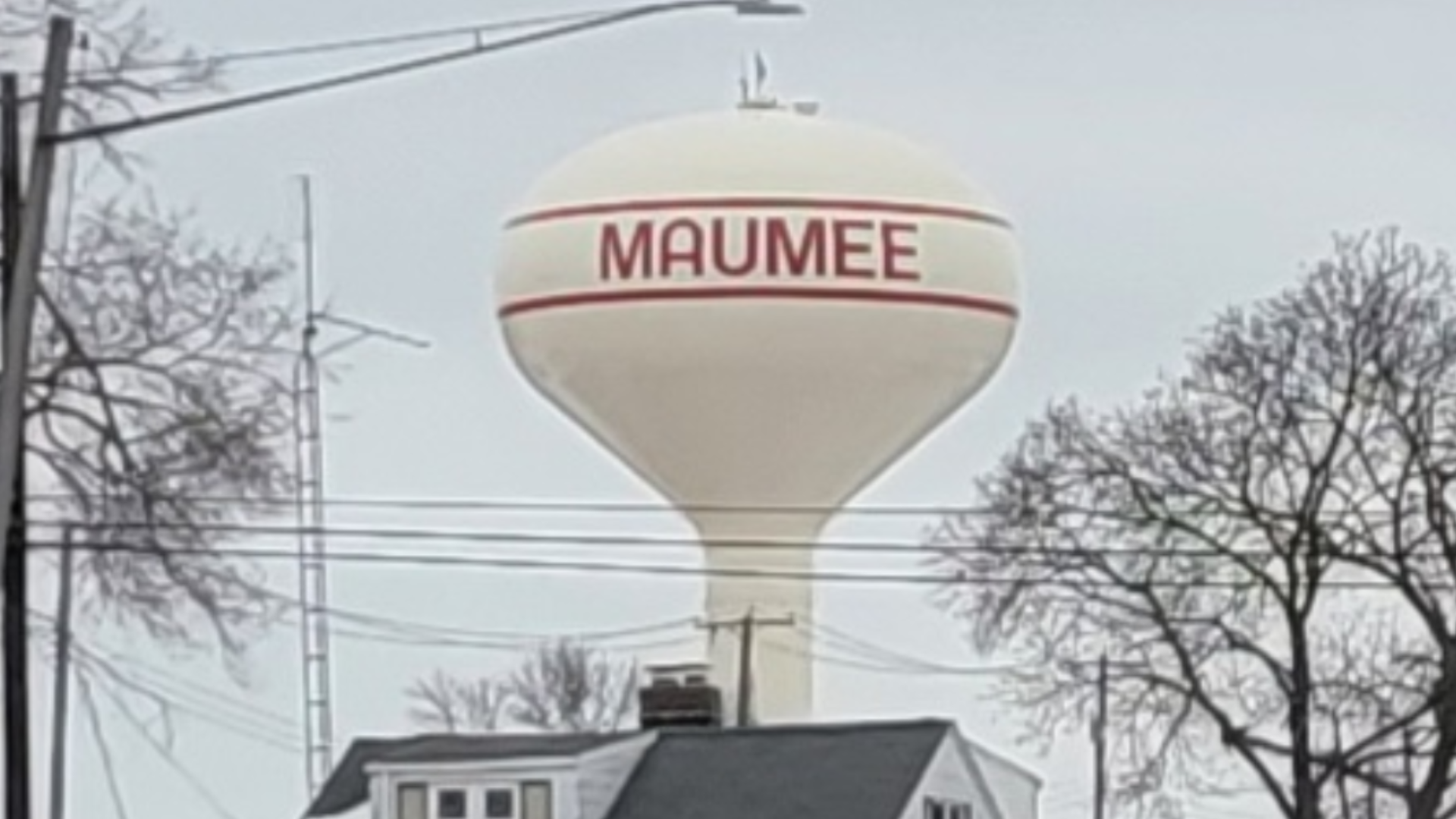MAUMEE, Ohio — Officials in Maumee are trying to figure out how to pay for a massive project to overhaul the city's sewage system, and a $5 million grant from the state is on their radar.
In July 2020, the city discovered it had been illegally dumping excess sewage into the Maumee River for nearly 20 years and reported the issue to the Ohio EPA. Last month, city council approved a plan to fix the problem, but it could cost upward of $100 million and take up to 20 years to complete.
Water rates will more than double for Maumee residents for the next five years.
"(We're looking at) federal stimulus money, other grants," Mayor Rich Carr said. "We’re exploring every possible opportunity."
Carr and City Administrator Patrick Burtch intend to apply for the new Ohio Water and Wastewater Infrastructure Grant Program, which was recently announced by Gov. Mike DeWine. The $250 million in the program comes from the $1.9 trillion American Rescue Plan passed earlier this year by Congress and signed into law by President Joe Biden in March.
Carr said "shovel-ready" projects like Maumee's should be high on the priority list to receive funds.
He said the $100 million estimate for the overall project is likely high and the actual amount could be substantially less. The city is working with the Ohio EPA to hammer out details including the final price.
The EPA is also helping the city write the grant proposal.
"The EPA knows we self-reported and we’ve been proactive getting things done before they required us," Carr said. "We met with them last Friday for four hours and they are very impressed with us and know we’re serious in addressing this. They’ll give us expertise and help get funding."
Carr believes three-quarters of the work could get done in 15 years, and then five years to finish the rest. Initially, the city thought it could take as long as 30 years to complete the job.
Last month, WTOL 11 reported that Maumee notified the EPA of the discovery. The EPA fined the city $29,936, but that amount can be applied to remediation.
The EPA recently issued a Director's Final Findings and Orders report, which both sides signed in July. The report states Maumee has already taken action to correct the wastewater issue, including:
- Beginning an inspection schedule for all regulators and overflows within the system on a monthly basis
- Building weir walls at applicable regulators to increase capacity (A weir wall separates silt and oil and prevents it from continuing into the drainage system.)
- Installed a flow meter at its pumping station
The full report can be found below.
The sewage problem was to be fixed in 1996 when the city reported to the EPA it had separated all of its sewer and water lines. Carr contends the project was never finished and multiple former city employees looked the other way for almost 25 years.
"There are multiple levels to this," Carr said. "(City employees) didn’t file reports. We never got anything from the county or state saying they weren’t filing reports. You rely on the full-time management to make sure they are doing their jobs properly. In this case, multiple people were not doing their jobs properly."
Carr said the employees in question all retired in 2019 and 2020. Burtch was hired in 2020 and according to Carr, discovered the issue immediately.
Burtch did not return a phone call seeking comment.
This week city council voted to grant Burtch emergency power to award contracts related to sewer repairs without council approval. Council also voted to provide legal protection for any indemnity claims against current employees involved in discharging sewage.
The city decided it will continue to illegally discharge in the interim because the alternative is wastewaster backing up into homes and businesses.
"If we do not pump, we’ll have flooded basements," Carr said. "That’s an EPA violation. If we get pumps out, that’s also an EPA violation. If we’re going to have employees operate pumps, I want to assure them we’ll provide representation in case there’s action."
The increase in water and sewer bills starts this month. The average homeowner will see a spike of about $400 a year.
Maumee is checking other parts of town where illegal runoff could be happening, including the Lucas County Recreation Center property and various strip centers. Carr hopes this situation brings attention to a larger issue facing many cities.
"If there are communities applying for these grants, you know there are problems in other communities," he said. "I think there will be an awareness that our sewers throughout the country are old. I think they're neglected because residents can’t see them. Our sewers in uptown are over 100 years old."

